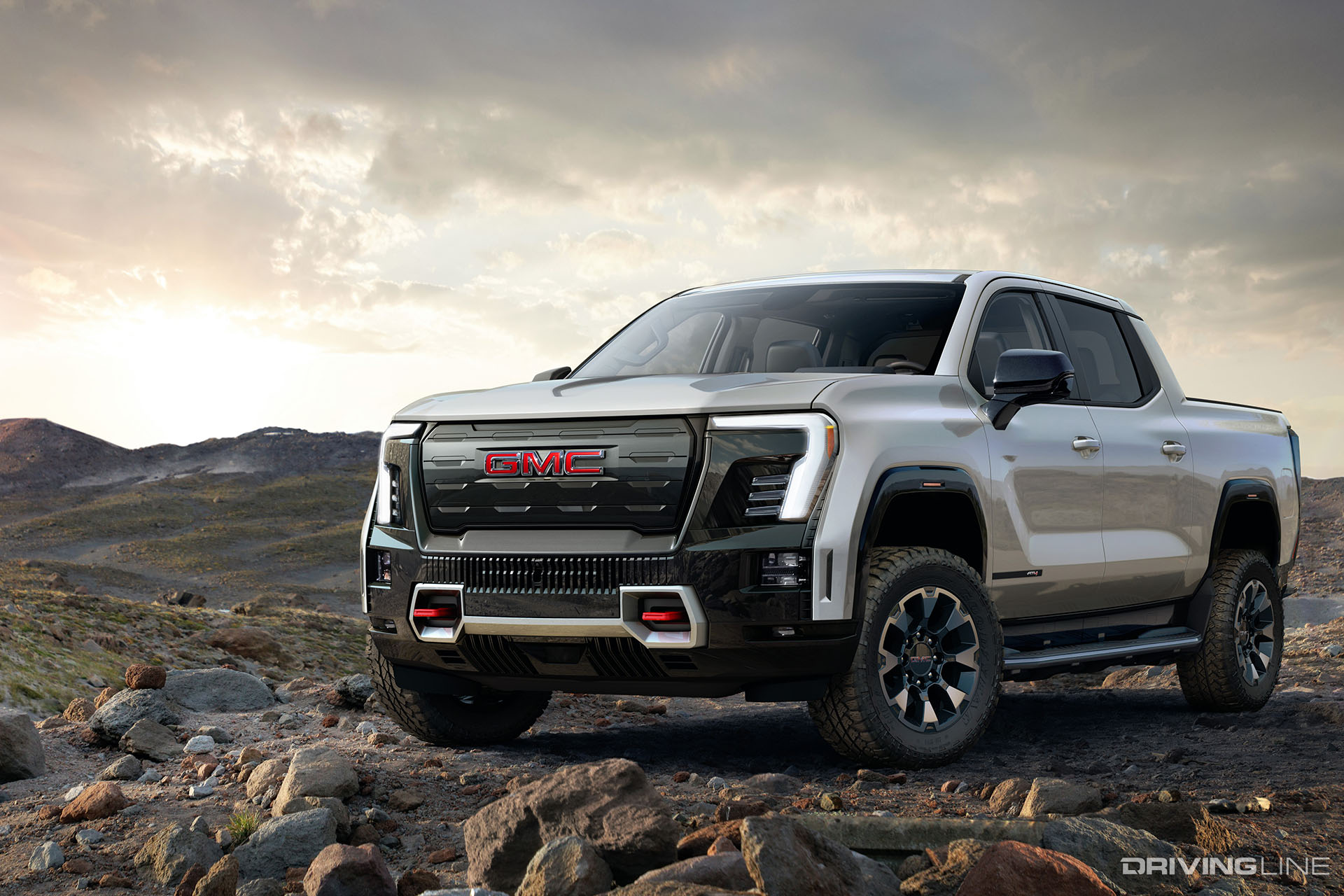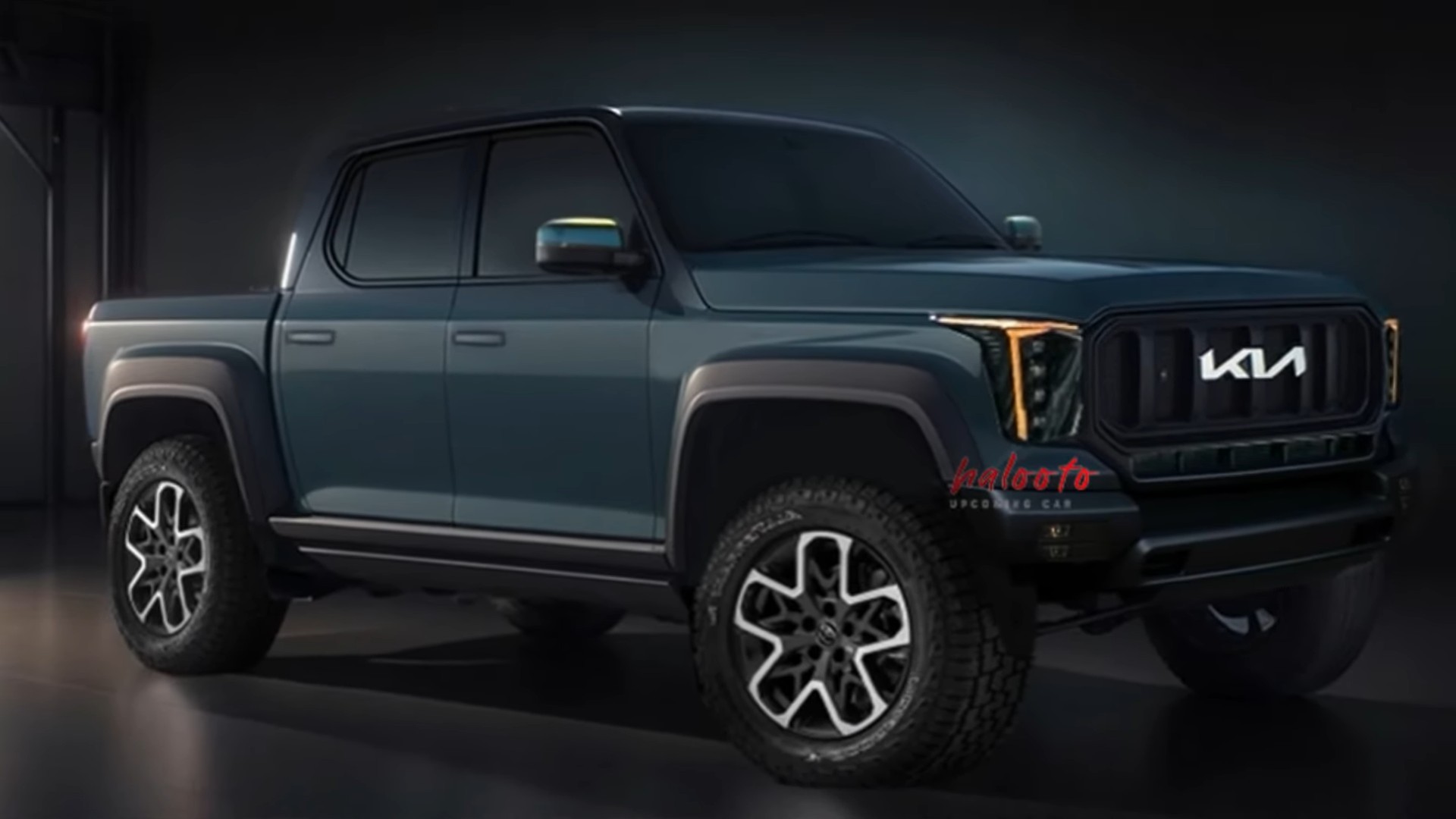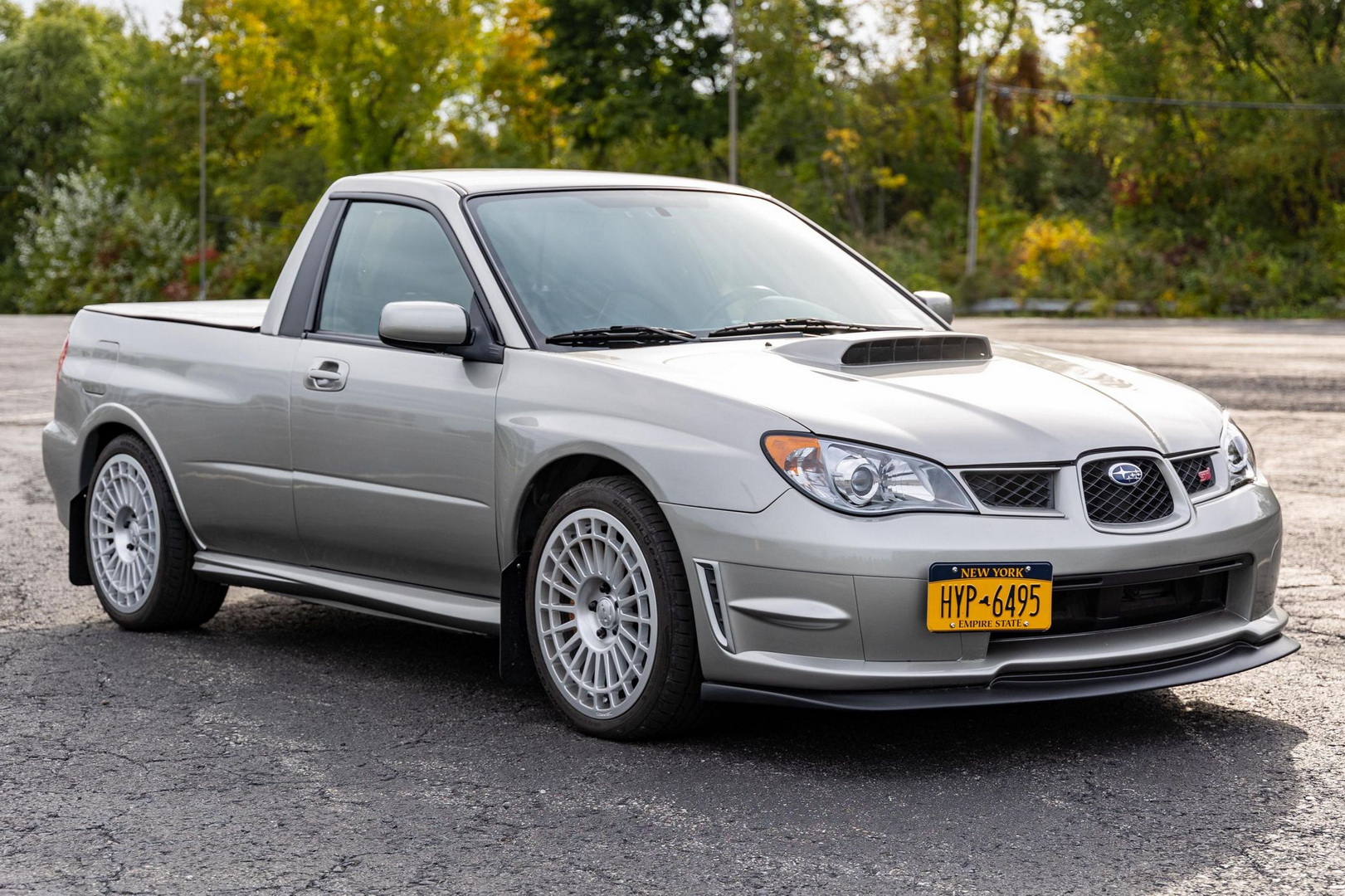Pickup Trucks Lease Deals: Your Comprehensive Guide to Driving More for Less pickup.truckstrend.com
In the vast and varied landscape of automotive choices, pickup trucks stand out as versatile workhorses and capable daily drivers. From hauling equipment to navigating off-road trails or simply accommodating a family with an active lifestyle, their utility is undeniable. For many, the dream of owning a powerful, feature-rich pickup can be tempered by the hefty price tags associated with new models. This is where Pickup Trucks Lease Deals enter the picture, offering an increasingly popular and often more affordable pathway to getting behind the wheel of your desired truck.
Leasing a pickup truck essentially means you are paying to use the vehicle for a set period and mileage, rather than owning it outright. It’s a flexible financial arrangement that can provide significant advantages, particularly for those who enjoy driving new vehicles regularly, prefer lower monthly payments, or need the tax benefits associated with business use. This comprehensive guide will demystify the world of pickup truck lease deals, exploring everything from the basics of how leasing works to advanced tips for securing the best possible agreement.
Pickup Trucks Lease Deals: Your Comprehensive Guide to Driving More for Less
Understanding Pickup Truck Leasing: The Basics
Before diving into the specifics of deals, it’s crucial to grasp the fundamental concepts of leasing. Unlike purchasing a vehicle where you finance its entire cost, leasing involves paying for the depreciation of the vehicle over the lease term, plus interest and fees.
Here are the key terms you’ll encounter:
- MSRP (Manufacturer’s Suggested Retail Price): The sticker price of the truck.
- Capitalized Cost (Cap Cost): The agreed-upon price of the vehicle at the start of the lease. This is similar to the purchase price in a finance deal and is highly negotiable. A lower cap cost means lower monthly payments.
- Residual Value: The estimated value of the truck at the end of the lease term. This is determined by the leasing company and is a significant factor in your monthly payment. A higher residual value means less depreciation to pay for, thus lower payments.
- Money Factor: This is the interest rate of your lease, often expressed as a very small decimal (e.g., 0.00250). To convert it to an approximate annual percentage rate (APR), multiply by 2400 (e.g., 0.00250 x 2400 = 6% APR). A lower money factor is better.
- Lease Term: The duration of the lease, typically 24, 36, or 48 months.
- Mileage Allowance: The maximum number of miles you are permitted to drive annually without incurring extra charges. Common allowances are 10,000, 12,000, or 15,000 miles per year. Exceeding this limit will result in per-mile overage fees (e.g., $0.20-$0.30 per mile).
- Down Payment (Capitalized Cost Reduction): An upfront payment that reduces the total amount being leased, thereby lowering monthly payments. While optional, it can make deals more attractive.
- Acquisition Fee: An administrative fee charged by the leasing company for setting up the lease.
- Disposition Fee: A fee charged at the end of the lease to cover the cost of preparing the vehicle for resale.


Your monthly lease payment is primarily calculated based on the difference between the capitalized cost and the residual value (the depreciation), plus the money factor applied to that amount, and any applicable taxes and fees.
Why Lease a Pickup Truck? Benefits Unpacked

Leasing a pickup truck offers a unique set of advantages that appeal to a diverse range of drivers:
- Lower Monthly Payments: This is often the most compelling reason. Lease payments are typically significantly lower than financing payments for the same new truck, as you’re only paying for the depreciation during your term. This allows you to drive a more expensive or higher-trim model than you might otherwise afford to purchase.
- Access to Newer Models More Often: With lease terms usually ranging from two to four years, you can regularly upgrade to the latest models with the newest technology, safety features, and design updates. This is ideal for tech enthusiasts or those who prefer to always have a vehicle under warranty.
- Consistent Warranty Coverage: Your leased truck will almost always be under the manufacturer’s bumper-to-bumper warranty for the entire lease term. This means most unexpected repairs are covered, reducing out-of-pocket expenses and providing peace of mind.
- Tax Advantages for Businesses: For small business owners or those who use their truck for work, a leased vehicle can offer significant tax deductions. Lease payments can often be expensed, and depending on your business structure and usage, this can lead to substantial savings. Consult a tax professional for personalized advice.
- No Resale Hassle: At the end of the lease, you simply return the truck to the dealership. You avoid the complexities, time commitment, and potential financial loss associated with selling or trading in a purchased vehicle.
- Flexible End-of-Lease Options: You have choices when your lease ends: you can return the truck and walk away, lease a new vehicle, or purchase the leased truck at its pre-determined residual value if you’ve grown attached to it.
Navigating the Lease Process: A Step-by-Step Guide
Securing a great pickup truck lease deal involves more than just signing on the dotted line. Here’s a step-by-step approach:
- Assess Your Needs and Budget: Before looking at trucks, define your priorities. What size truck do you need? What capabilities (towing, payload, off-roading)? What is your comfortable monthly budget, including insurance and fuel? Be realistic about your annual mileage.
- Research and Compare Deals: Look for manufacturer lease specials advertised on brand websites (Ford, Ram, Chevy, Toyota, Honda, etc.). These often include attractive money factors or reduced capitalized costs. Also, check local dealership websites and third-party aggregators for competitive offers.
- Understand All Lease Terms: Don’t just focus on the monthly payment. Pay close attention to the mileage allowance (and associated overage fees), the money factor, the residual value, and all associated fees (acquisition, disposition, documentation).
- Negotiate the Capitalized Cost: This is perhaps the most crucial step. Treat the capitalized cost as if you are buying the truck. Negotiate the selling price of the vehicle before discussing lease terms. A lower negotiated price directly translates to a lower capitalized cost and thus lower monthly payments.
- Review the Contract Thoroughly: Before signing, read every line of the lease agreement. Ensure all agreed-upon terms (capitalized cost, residual value, money factor, mileage, fees) are accurately reflected. Don’t hesitate to ask questions if anything is unclear.
- Consider End-of-Lease Options: Even at the start, understand your choices at the end of the lease. Knowing you can buy the truck, return it, or get a new one helps plan for the future.
Important Considerations Before You Lease
While attractive, leasing isn’t without its potential drawbacks. Be aware of these critical factors:
- Mileage Limits and Overage Fees: This is the biggest pitfall for many lessees. If your driving habits are unpredictable or you consistently drive more than the average, the per-mile overage fees can quickly add up, making leasing more expensive than anticipated. Be honest about your driving needs.
- Wear and Tear Guidelines: Leasing companies have specific definitions of "normal wear and tear." Dents, excessive scratches, damaged upholstery, or non-factory modifications can result in significant charges at lease end. Keep your truck well-maintained and address minor issues proactively.
- Higher Insurance Requirements: Leasing companies often require higher liability and comprehensive/collision coverage than you might typically carry if you owned the vehicle. Factor these potentially higher premiums into your budget.
- Early Termination Penalties: Breaking a lease early is almost always very expensive. The penalties can include paying off the remaining depreciation, all outstanding payments, and additional fees. Only lease if you are confident you will complete the full term.
- No Equity Building: Unlike purchasing, you don’t build equity in a leased vehicle. At the end of the term, you don’t own an asset that can be sold or traded in for a down payment on your next vehicle (unless you choose to buy it out).
- Customization Limitations: Most lease agreements restrict significant modifications or permanent alterations to the vehicle, as these can negatively impact its residual value. If you plan extensive aftermarket upgrades, buying might be a better option.
Types of Pickup Truck Lease Deals
Lease deals can vary widely, and understanding the different types can help you find the most beneficial offer:
- Manufacturer Incentives: Automakers frequently offer special lease programs to move specific models or trims. These often include subsidized money factors (lower interest rates) or reduced capitalized costs, making the monthly payments much lower. Keep an eye out for "pull-ahead" programs that allow you to end your current lease early to get into a new one.
- Dealership Specials: Individual dealerships might run their own promotions to clear inventory or meet sales targets. These can sometimes be even better than national manufacturer offers, especially on slower-moving models or last year’s inventory.
- One-Pay Leases (Single Payment Lease): With this option, you pay the entire lease amount upfront in one lump sum. In return, the total cost of the lease is often lower than if you made monthly payments, as you typically get a reduced money factor. This is a good option if you have available cash and want to save on overall interest.
- Short-Term vs. Long-Term Leases: Lease terms typically range from 24 to 48 months. Shorter terms mean higher monthly payments but more frequent access to new vehicles. Longer terms offer lower monthly payments but less flexibility and potentially less warranty coverage towards the end.
- Commercial Leases: Businesses often have access to specific commercial lease programs tailored to fleet needs, offering different tax benefits and flexibility than personal leases.
Tips for Securing the Best Pickup Truck Lease Deal
Finding the optimal lease deal requires diligence and negotiation savvy:
- Know Your Credit Score: Your creditworthiness significantly impacts your money factor. A higher credit score (typically 700+) will qualify you for the best rates.
- Shop Around Extensively: Don’t settle for the first offer. Contact multiple dealerships (even competing brands) and compare quotes. Leverage competing offers to negotiate better terms.
- Negotiate the Capitalized Cost First: This cannot be stressed enough. Get the "selling price" of the truck as low as possible before discussing lease specifics. Every dollar off the cap cost saves you money over the lease term.
- Ask About the Money Factor: Don’t just accept the dealer’s quoted money factor. Ask what it is, and then convert it to an APR (Money Factor x 2400) to compare it to traditional interest rates.
- Understand the Residual Value: While not negotiable, a higher residual value (as a percentage of MSRP) is always better, as it means less depreciation you have to pay for.
- Be Realistic About Mileage: Choose a mileage allowance that truly reflects your driving habits. It’s cheaper to buy extra miles upfront (if offered) or choose a higher allowance than to pay overage fees at the end.
- Look for Loyalty or Conquest Incentives: If you’re a returning customer to a brand or switching from a competitor, you might qualify for additional discounts or lower money factors.
- Consider a "Zero Down" Lease with Caution: While attractive, "zero down" often means a higher capitalized cost or higher monthly payments. Sometimes, a small down payment can significantly reduce your monthly outlay.
Potential Challenges and How to Address Them
Even with the best planning, challenges can arise during a lease. Here’s how to mitigate them:
- Unexpected Damage/Excessive Wear: At lease end, a pre-inspection from the leasing company (often free) can identify potential charges. Address minor dents and scratches before the final return. Consider purchasing "wear and tear" insurance from the dealer at the start of the lease, which covers minor damages.
- Going Over Mileage: If you realize you’re consistently exceeding your allowance, consider buying extra miles from the leasing company before the lease ends, as this can sometimes be cheaper than the end-of-lease penalty. Alternatively, if you’re significantly over, it might be more cost-effective to purchase the truck at its residual value.
- Needing to End Lease Early: This is costly. Explore lease transfer services (like Swapalease or LeaseTrader) that allow someone else to take over your lease. Some manufacturers also offer programs for early lease termination if you lease a new vehicle from them.
- Confusing Lease Terms: Never sign anything you don’t fully understand. Ask the dealer to explain every line item. If necessary, take the contract home to review it or consult with a trusted advisor.
Practical Advice and Actionable Insights
For anyone considering a pickup truck lease deal, here are some actionable steps:
- Use Online Lease Calculators: Many automotive websites offer lease calculators. Input different scenarios (down payment, mileage, term) to see how they affect monthly payments.
- Get Pre-Approved for Financing (Even for Leasing): Knowing what interest rate you qualify for on a purchase can give you leverage in negotiating the money factor on a lease.
- Test Drive Thoroughly: Ensure the truck meets all your practical and comfort needs before committing to a multi-year lease.
- Understand Your True Cost: Don’t just look at the monthly payment. Calculate the total cost of the lease over its term (down payment + (monthly payment x number of months) + acquisition fee + disposition fee). Compare this total to the potential total cost of financing a purchase.
- Always Negotiate: From the capitalized cost to the money factor, almost everything in a lease is negotiable to some extent. Don’t be afraid to walk away if the deal isn’t right.
Representative Pickup Trucks Lease Deals Table (Example)
Please Note: This table provides representative estimates for typical lease deals and is for illustrative purposes only. Actual prices vary significantly based on current manufacturer incentives, dealership promotions, credit score, regional taxes, specific trim levels, and market conditions. Always verify current offers with a dealership.
| Truck Model (Example Trim) | Lease Term (Months) | Annual Mileage (Miles) | Est. Down Payment (USD) | Est. Monthly Payment (USD) | Est. Total Lease Cost (USD, excl. fees) | Key Features / Notes |
|---|---|---|---|---|---|---|
| Ford F-150 (XLT Crew Cab 4×4) | 36 | 10,000 | $2,999 | $429 | $18,443 | America’s best-seller, strong towing, tech-packed. |
| Ram 1500 (Big Horn Quad Cab 4×2) | 36 | 12,000 | $2,499 | $399 | $16,863 | Smooth ride, luxurious interior, eTorque. |
| Chevrolet Silverado 1500 (LT Double Cab 4×4) | 36 | 10,000 | $3,499 | $459 | $19,923 | Balanced performance, spacious cabin, capable. |
| Toyota Tacoma (SR5 Double Cab 4×4) | 36 | 12,000 | $1,999 | $379 | $15,643 | Legendary reliability, off-road prowess, strong resale. |
| Honda Ridgeline (RTL-E AWD) | 36 | 15,000 | $2,799 | $499 | $20,763 | Unibody comfort, innovative trunk bed, car-like ride. |
| GMC Sierra 1500 (Elevation Crew Cab 4×4) | 39 | 10,000 | $3,999 | $479 | $22,680 | Premium feel, advanced trailering tech, MultiPro tailgate. |
| Nissan Titan (SV Crew Cab 4×2) | 24 | 10,000 | $1,999 | $389 | $11,335 | Standard V8 power, strong warranty. |
Note: "Est. Total Lease Cost" does not include acquisition fees, disposition fees, or potential over-mileage/wear-and-tear charges. It is calculated as Down Payment + (Monthly Payment x Lease Term).
Frequently Asked Questions (FAQ) About Pickup Trucks Lease Deals
Q1: Is leasing a pickup truck cheaper than buying?
A1: Monthly lease payments are typically lower than financing payments for the same new truck. However, over the long term, purchasing and keeping a vehicle for many years can often be more cost-effective as you eventually stop making payments and own the asset. Leasing is about lower monthly outlay and driving new vehicles more often.
Q2: What happens if I go over my mileage limit?
A2: You will be charged an overage fee for every mile driven beyond your agreed-upon allowance. These fees typically range from $0.20 to $0.30 per mile and can add up quickly. It’s crucial to estimate your annual mileage accurately before signing the lease.
Q3: Can I buy my leased truck at the end of the term?
A3: Yes, most lease agreements include a purchase option. The buyout price is usually the residual value stated in your lease contract, plus any applicable fees and taxes.
Q4: What is a "money factor" and how does it relate to APR?
A4: The money factor is the interest rate equivalent for a lease. To convert it to an approximate annual percentage rate (APR), multiply the money factor by 2400. For example, a money factor of 0.00250 is roughly equivalent to a 6% APR.
Q5: What is considered "excessive wear and tear" on a leased truck?
A5: While normal wear and tear (minor scratches, small dings) is usually acceptable, excessive damage like large dents, cracked windshields, significant interior stains, damaged tires, or non-factory modifications that reduce the vehicle’s value are considered excessive wear and tear and will incur charges at lease end.
Q6: Can I customize or modify a leased truck?
A6: Generally, no significant or permanent modifications are allowed on a leased vehicle, as they can negatively impact its residual value. Minor, easily reversible changes like floor mats or seat covers are usually fine, but always check your lease agreement or ask the leasing company first.
Q7: Is a down payment required for a lease?
A7: While many lease advertisements show deals with a down payment (capitalized cost reduction), it’s often possible to structure a lease with "zero down." However, this will result in higher monthly payments. A down payment reduces the amount you are financing, thereby lowering your monthly cost.
Q8: What is a disposition fee?
A8: A disposition fee is a charge at the end of the lease, typically ranging from $300-$500, to cover the cost of preparing the vehicle for resale, including cleaning and inspection. This fee is often waived if you lease another vehicle from the same manufacturer.
Conclusion
Pickup truck lease deals present an enticing proposition for many consumers and businesses looking for the utility, capability, and modern features of a new truck without the commitment of a full purchase. From enjoying lower monthly payments and constant access to the latest models to benefiting from consistent warranty coverage, the advantages are clear.
However, a successful lease experience hinges on thorough understanding and meticulous planning. By familiarizing yourself with key lease terms, carefully assessing your driving habits, negotiating effectively, and understanding the potential pitfalls, you can secure a deal that truly aligns with your needs and budget. Remember, the best lease deal isn’t just about the lowest monthly payment; it’s about the total cost, the terms that fit your lifestyle, and making an informed decision that brings you the satisfaction of driving your ideal pickup truck.



